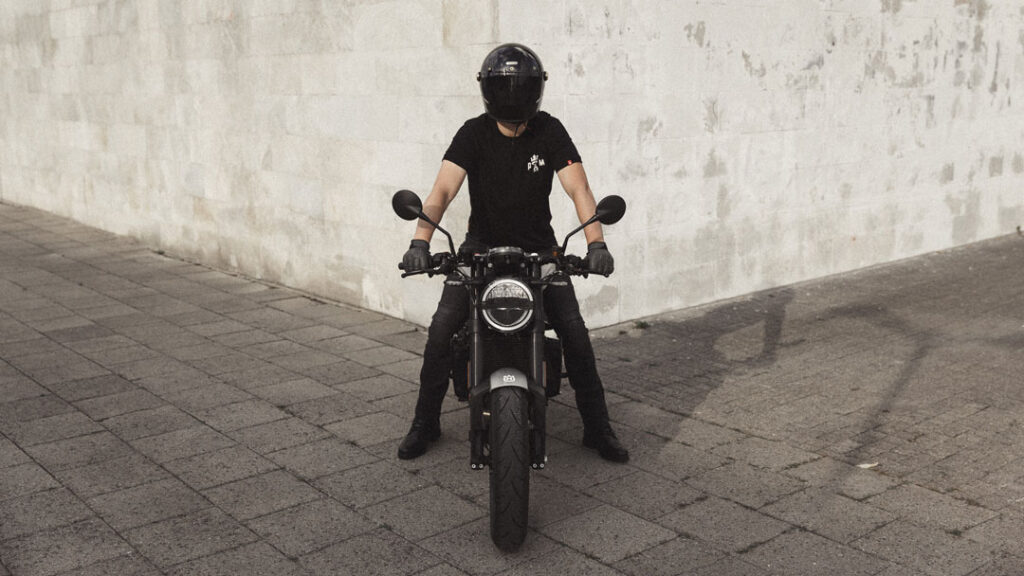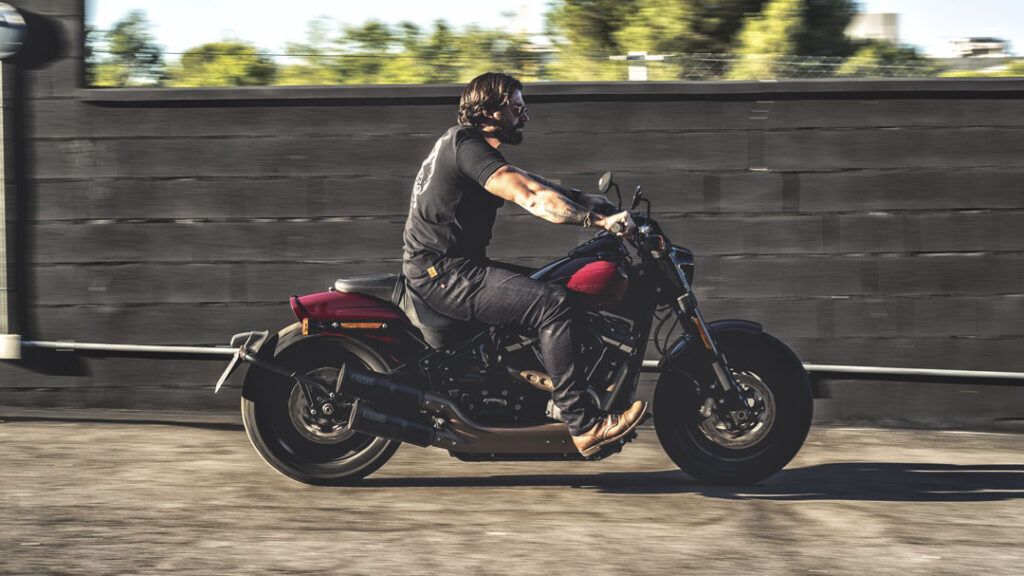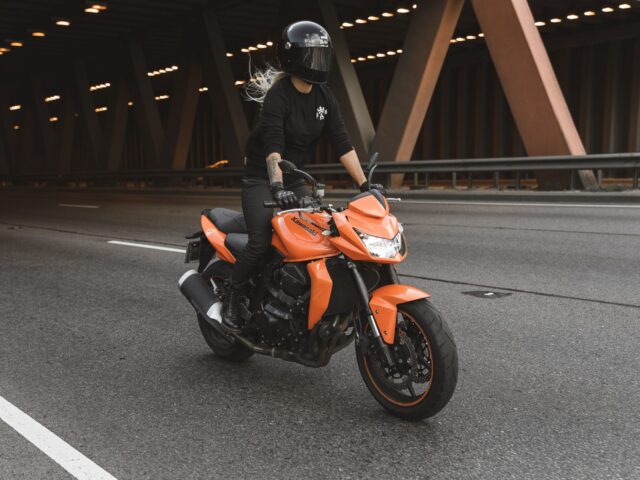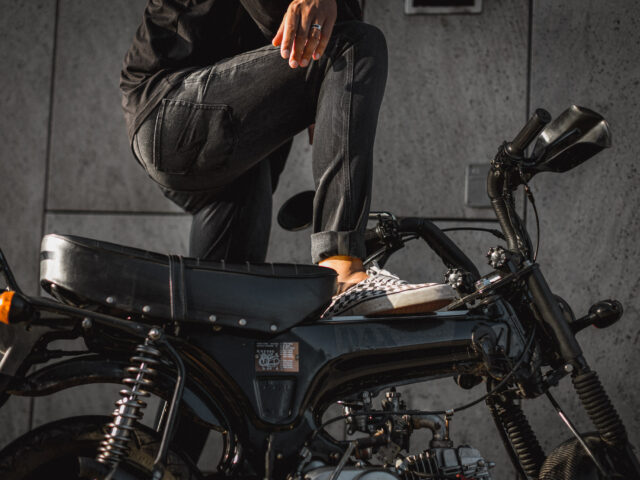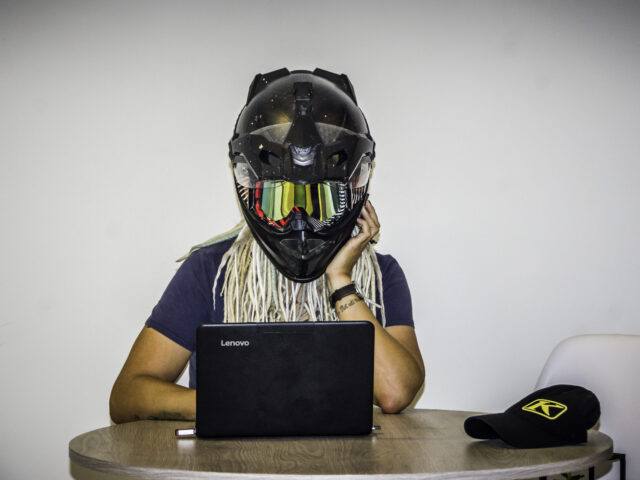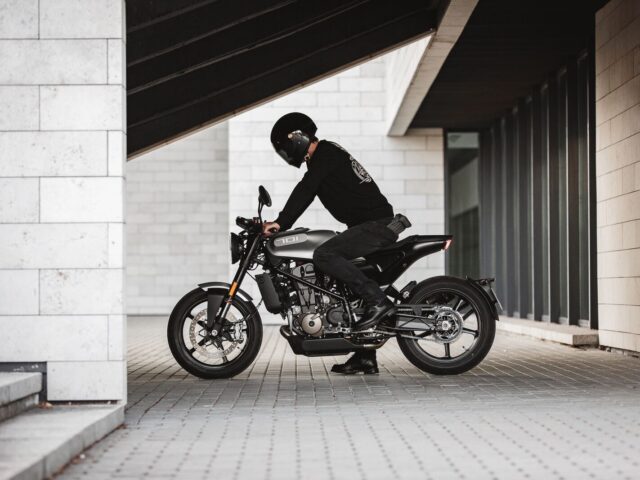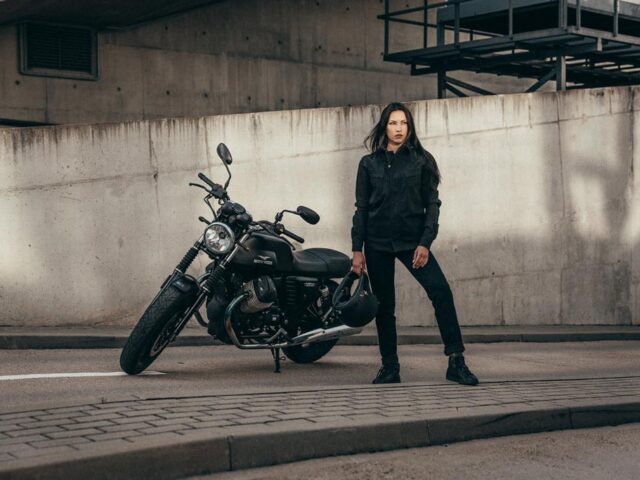5 Rules of What To Do After a Motorcycle Accident?
March 01, 2021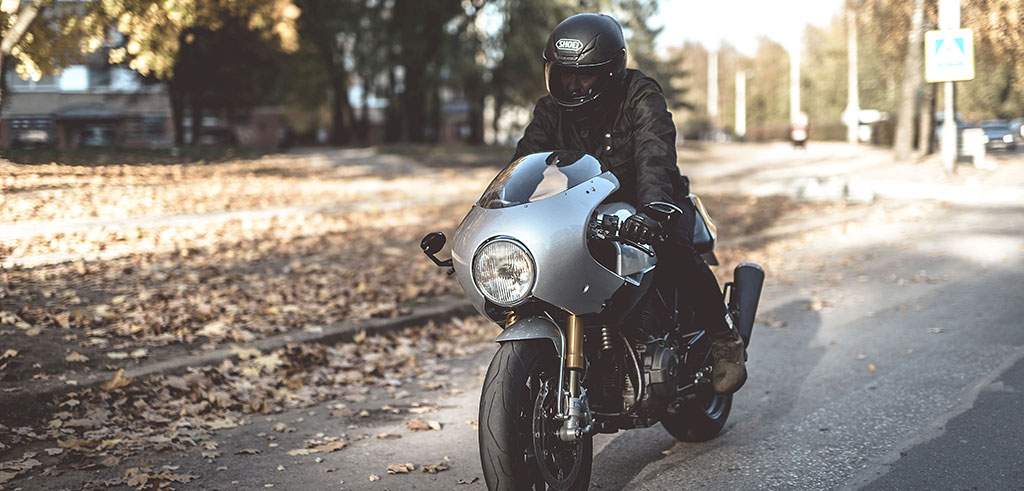
A motorcycle accident can be one of the most terrifying experiences and one that we never want to think about. However, it is good to have an idea of what needs to be done in case it ever happens. Some of the following rules might sound simple and obvious, but when you have an accident (or suffer any type of trauma), it is not always easy to think straight. People can react differently when they face stressful situations … some of us might experience a sudden rush of adrenaline, others might be “paralyzed” by fear, shock, or pain. You might be angry or confused, you might be worried for yourself and others involved in the crash. Your mind usually feels blurred in these situations and your strong feelings affect your judgment, so having already gone through the steps of what needs to be done is the smart thing to do. Read the points outlined below and try to keep them in the back of your mind, but without overthinking or letting them worry you during your rides.
Make sure you are safe
After any impact, the very first thing you want to do is get to safety. Look at your surroundings: are you on the road? Are there any vehicles passing by? Is it day or night? Can drivers see that you are on the road? Take a moment to come to terms with what happened and what condition you are in. If you can get up, try to get on the side of the road. Move slowly, you can’t yet be sure of your injury so play it safe and don’t make sudden movements.
Help others
Has anyone else been injured during the impact? If you are in a condition to do so, get them to safety as well. Never ever remove your protective gear, or theirs. Once you are both safe, you should call for medical help and describe exactly what happened. Don’t try to guess what injury the other person has suffered, it might seem obvious to you, but sometimes things are not as straightforward and you could do more damage than good. Seek medical advice as soon as you can and follow the instructions you are given on the phone, then wait for an ambulance to arrive if that is needed.
Get evidence of the moto accident
Health and safety should be your absolute priorities in case of an accident. If you are in good condition, you feel ok and are able to think straight, it would be good for you to gather evidence of what happened. Whether the accident was a fall or a collision with another vehicle, it is good to go over the dynamics of the impact straight away, as these might not be so obvious later on. It will be handy to have the evidence when you will speak to your insurance company, in case you will be getting compensation from someone else involved in the accidents.
Get your bike checked before getting back on it
Once you have recovered from an accident you are probably excited and eager to get back on your motorcycle straight away, start riding again and forget all about your bad experience. The bike might not have any obvious signs of damage, but you should always get it checked by a professional before getting back on it. There may be some problems that could put you and others at serious risk. The same thing has to be said for your protective gear. Depending on the severity of the crash you have had, consider replacing the apparel you were wearing to make sure that you are adequately protected in the future.
The aftermath
If you suffer a motorcycle injury, you will be driven to the hospital promptly and be taken care of by medical staff. Most riders recover quickly and get discharged from the hospital in no time. However, the psychological impact of an accident often goes underestimated. It is not something that is easy to talk about, particularly if we think that we have made a mistake and we are ashamed of it. Whether you decide to speak to family and friends, to share your experience with other riders, or to simply keep things to yourself, it is important that you go over what happened and come to terms with it. Acceptance is key to moving on and getting back to your routine. If you ignore your feelings and try to pretend nothing has happened, it might affect your confidence as a rider and the love you have for what you do.
Riding is a lifestyle that has its ups and downs. When bad things happen, most times, it is not our fault, so we should not dwell on them or let the accident affect our self-esteem. Once you are past the initial trauma of the crash, you can replay the dynamics of the incident in your head to see if there is anything that could have been avoided and if there is a lesson to be learned for next time. If you think you should have done things differently, be grateful that you are alive and well and take better precautions for next time. But if there isn’t any lesson to be learned, just let it go! It was meant to happen, and all you can do now is stay positive, so you can enjoy a quick recovery and get back to your life.
On average, it is estimated that 1 in 2 riders will suffer a crash over time. This is not an encouraging statistic, but keep in mind that although accidents do happen, most riders recover quickly and get back on their bikes in no time. You should not let the fear of falling get in the way of your riding experience. Wear your protective gear, ride safely and always with a positive mindset; this way, you are setting yourself up for a safe and enjoyable ride!
